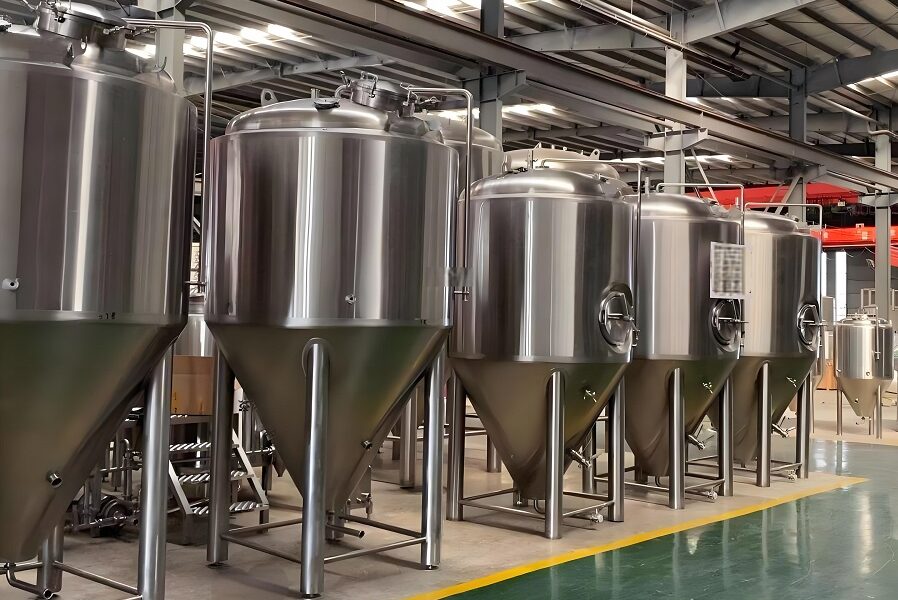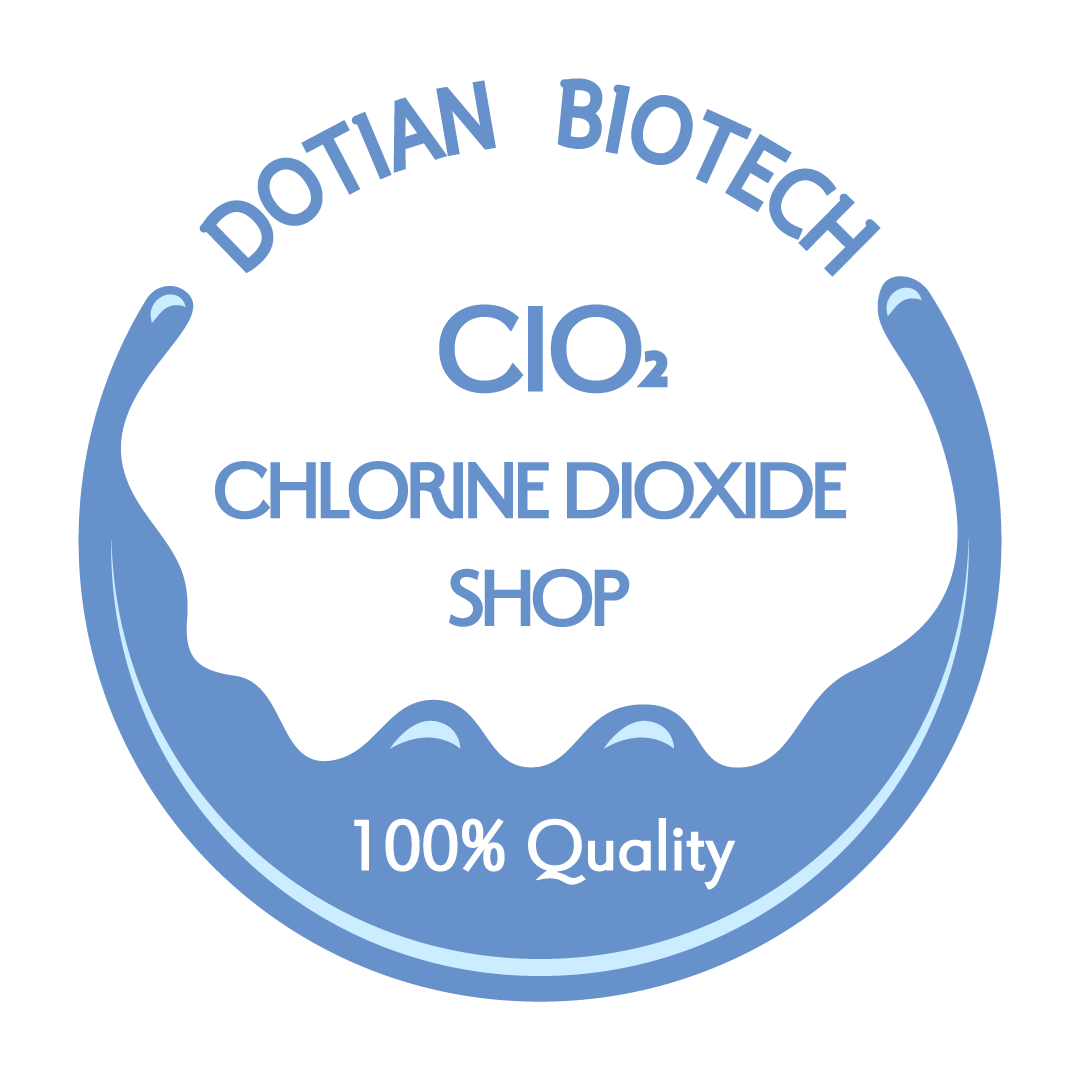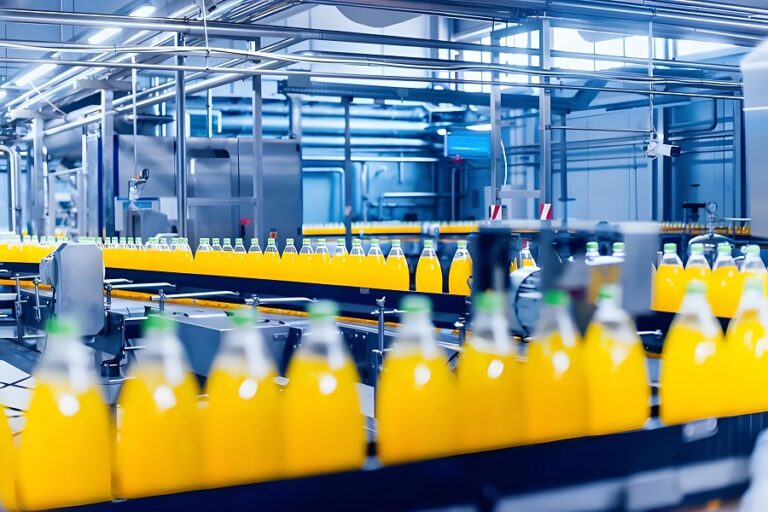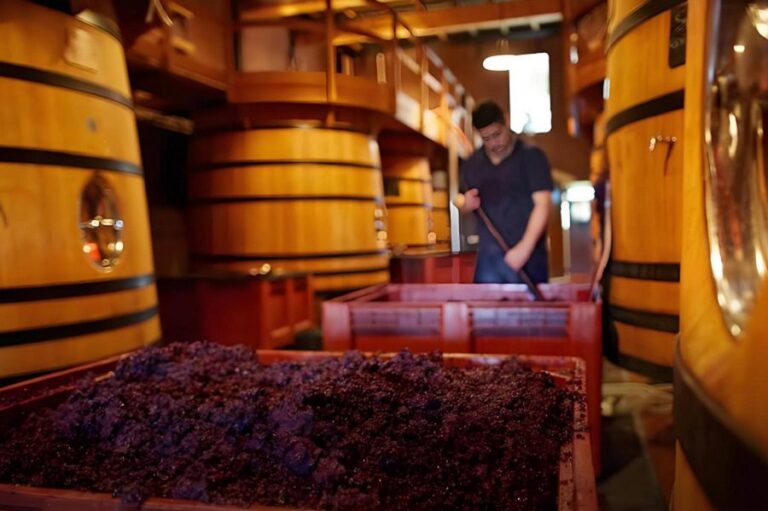Key words: Beer Production, Brewery Sanitation, Microbial Control
In the dynamic and highly competitive world of brewing, maintaining rigorous standards of cleanliness and sanitation is fundamental to producing premium-quality beer. Contaminants and microbial growth can not only alter the flavor and aroma of beer but also pose significant health risks, potentially tarnishing a brewery’s reputation. Among the various sanitizing agents available, Chlorine Dioxide (ClO2) has gained recognition as a superior solution. It can effectively addresses the complex challenges faced by modern breweries. This article delves into the critical role of ClO2 in brewery sanitation, exploring its advanced mechanisms, environmental impact, and economic benefits.
The Multifaceted Challenges of Brewery Sanitation
Breweries are intricate systems where cleanliness must be maintained across all stages of production, from fermentation to packaging. The challenges in maintaining this cleanliness are multifaceted:
- Biofilm Formation:
Biofilms, composed of clusters of microorganisms, can develop on any surface within the brewery, including tanks, pipes, and packaging lines. These biofilms are particularly resistant to traditional cleaning methods, often requiring aggressive treatment to ensure complete removal. - Microbial Diversity:
Breweries encounter a wide range of microorganisms, including bacteria, yeast, and mold. Each type of microorganism presents unique challenges, necessitating a sanitizing agent that is versatile and effective across this diverse spectrum. - Residue Management:
The ingredients used in brewing, such as malt, hops, and yeast, can leave residues on equipment surfaces. These residues not only pose a risk of harboring microorganisms but can also impact the flavor profile of subsequent batches of beer if not thoroughly cleaned.

Chlorine Dioxide: An Advanced Solution for Brewery Challenges
Chlorine Dioxide is not just another sanitizing agent; it represents a technological advancement in brewery hygiene. Its efficacy stems from its strong oxidative properties, which allow it to disrupt the cell walls of microorganisms, effectively neutralizing bacteria, viruses, and fungi. This potent action makes ClO2 an ideal choice for addressing the specific sanitation needs of breweries.
Technical Mechanisms and Applications
- Biofilm Penetration:
Unlike many sanitizers that merely clean the surface, ClO2 has the ability to penetrate biofilms. It ensures that the underlying microorganisms are effectively eliminated. This penetration is crucial for maintaining long-term cleanliness and preventing recurring contamination issues. - Versatility Across Systems:
Whether used in fermentation tanks, piping systems, or packaging lines, ClO2’s broad-spectrum efficacy ensures comprehensive sanitation. Its application is not limited to just a few areas; it is effective throughout the entire brewing process, from raw material handling to final packaging. - Residue-Free Sanitization:
One of the distinguishing features of ClO2 is its breakdown into harmless by-products, ensuring that there are no residual tastes or odors left behind in the beer. This property is particularly important in maintaining the integrity of the beer’s flavor and aroma, which are critical to brand consistency and consumer satisfaction.
Environmental and Economic Benefits
Beyond its technical efficacy, Chlorine Dioxide also offers significant environmental and economic advantages that are increasingly important in today’s brewing industry.
- Eco-Friendly Profile:
ClO2 is an environmentally friendly sanitizing agent. It degrades into water, oxygen, and chloride ions, which are non-toxic and pose no harm to the environment. This contrasts with traditional chlorine-based sanitizers, which can produce harmful by-products and contribute to environmental pollution. - Economic Efficiency:
The use of ClO2 can lead to substantial cost savings for breweries. Its powerful sanitizing action reduces the need for repeated cleaning cycles and minimizes downtime, leading to increased operational efficiency. Moreover, its effectiveness in removing biofilms and residues can extend the lifespan of equipment, further reducing maintenance and replacement costs. - Regulatory Compliance and Consumer Trust:
ClO2 helps breweries meet stringent food safety regulations, ensuring that their products are safe for consumption. By maintaining high standards of cleanliness, breweries can build and maintain consumer trust, which is invaluable in the competitive beer market.
At DOTIAN®, we understand the unique challenges faced by breweries. We have developed advanced Chlorine Dioxide effervescent tablets that are tailored to meet these needs. Our products are designed for ease of use, ensuring precise dosing and consistent results. By choosing DOTIAN®, breweries not only benefit from the superior sanitation that ClO2 provides but also from our commitment to supporting their success with innovative and reliable solutions.
DOTIAN® Chlorine Dioxide is revolutionizing brewery sanitation by offering an effective, environmentally friendly, and economically beneficial solution. As breweries continue to seek ways to improve their processes and product quality, ClO2 stands out as a critical component in achieving these goals, ensuring that every pint of beer meets the highest standards of cleanliness, safety, and flavor. For more information on how Chlorine Dioxide can benefit your brewery, please contact us today.
-
1g Chlorine Dioxide Tablet for Poultry Disinfection
-
Chlorine Dioxide Disinfection Tablets
-
Chlorine Dioxide Effervescent Powder Medicine Grade
-
Chlorine Dioxide For Food Processing
-
Chlorine Dioxide Powder Agriculture
-
Chlorine Dioxide Powder Food Grade
-
Chlorine Dioxide Powder for Aquaculture
-
Chlorine Dioxide Powder for Cooling Tower
-
Chlorine Dioxide Powder For Water Treatment











